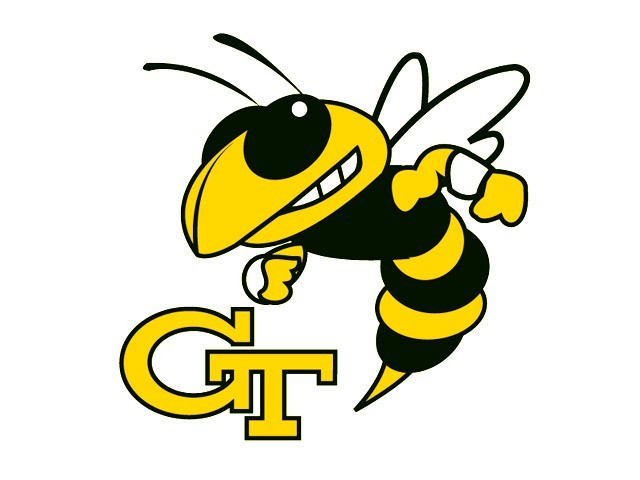The Yellow Jackets have already reaped the benefits of muting distractions this postseason.
Georgia Tech players relinquished their phones before last week's Atlantic Coast Conference tournament and then made a run to the championship game.
But some of the players were skeptical when they first heard coach Paul Hewitt's suggestion. However, success has made believers out of them.
So the Yellow Jackets (22-12) are adopting the self-imposed ban again.
Senior D'Andre Bell says the move helped the Yellow Jackets become closer as a team. The players talked more with each other instead of texting with friends and family members.
"I felt as if we were a family for the first time," Bell said, adding there were tangible benefits on the court. "Trust. More selfless moments out there on the floor."
Some players had to be won over by the idea that they needed to spend time away from their cell phones.
"I don't want to say we never talked," said guard Iman Shumpert. "Not having your cell phone, though we didn't anticipate it having that much of an effect, I think it did have a really big effect.
"Guys are hanging out or getting sleep. It definitely makes you hang around each other, because we're the only people we can talk to."
Bell said he expected the strategy would be successful.
"I wasn't surprised at all because anytime we were at the dinner table all you could hear was texting, buttons being pushed, looking down at the phone," Bell said. "Now it's fun arguments or insightful discussions about who we think is better in sports or where we came from or why we think a certain way. We really got a chance to learn about each other."
Bell and other players say that led to better communication on the court and may have been a factor in freshman Derrick Favors emerging as a more vocal and confident player in the ACC tournament.
"He's an introvert," said Bell of Favors. "He normally walks with his head down and walks slow. He was walking with his head up. He is exuding a whole different persona, even off the court."
Bell shook his head in disbelief when he said Favors "was actually talking" on the court.
"He was involved in these conversations. He actually started some of these conversations," Bell said.
"This is the most he has ever talked. In the game he was like 'Hey I was open. Give me the ball. When I do this, this is what that means.'"
The 6-foot-10 Favors, the ACC's rookie of the year, had a career-high 22 points and 11 rebounds in Tech's 65-61 ACC championship game loss to Duke.
Hewitt said he only suggested the ban and then left the room when players voted.
Bell said the vote was not unanimous but all players turned in their cell phones.
Hewitt said his idea for the cell phone ban was just his latest attempt to bring the players together.
"I just didn't think that we were connecting as much as I wanted to see and I'd been trying to find ways to get that all year," Hewitt said.
The result took Hewitt back to his playing days.
"That was the most chatter I had heard at the back of the bus all year," Hewitt said. "It was like the old days when I was playing. We played cards, we talked, we slept. That was it."
Added Hewitt, holding his hands together as if texting, "It was none of this."
Georgia Tech, the Midwest Regional's No. 10 seed, will play No. 7 seed Oklahoma State (22-10) in Milwaukee. The Georgia Tech-Oklahoma State winner will play Sunday against the winner of No. 2 seed Ohio State's game against UC-Santa Barbara.
It wasn't easy for some of the players to spend most of the week without their phones. Even Bell, an enthusiastic supporter of the move, had to make peace with some of his friends when he returned to Atlanta.
"I had 87 text messages and I had about 10 voice mails," Bell said. "When my phone is off, it doesn't give me missed calls, but I had a lot of angry people on text messages."
Those "angry people" will have to brace for another period of mobile detachment from the Georgia Tech players. Hewitt is not one to mess with a winning strategy.

http://accesswdun.com/article/2010/3/227885
